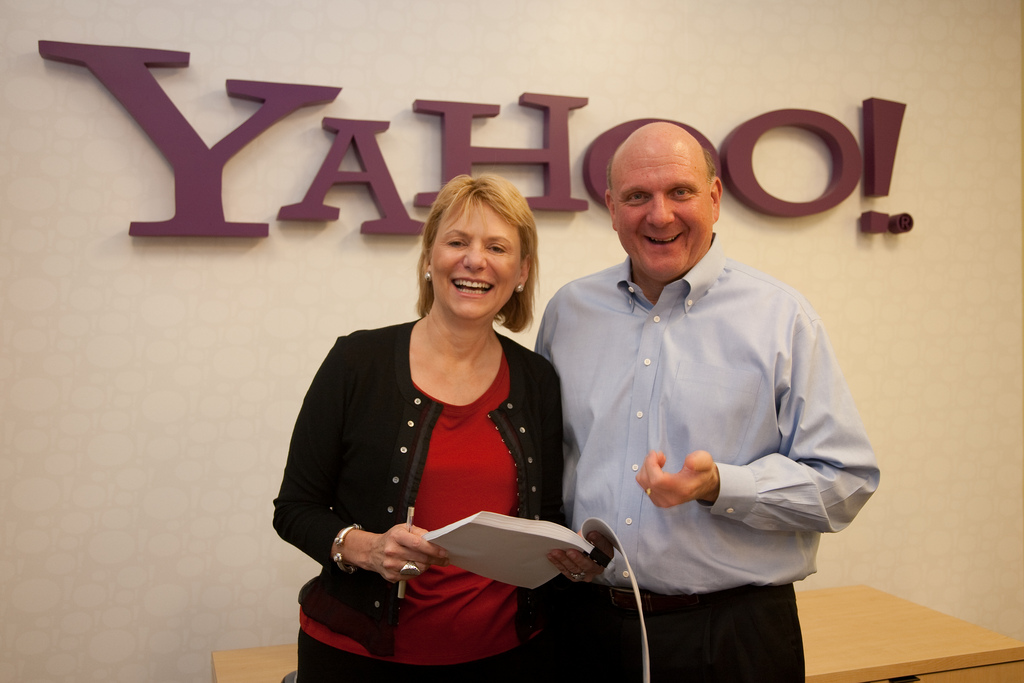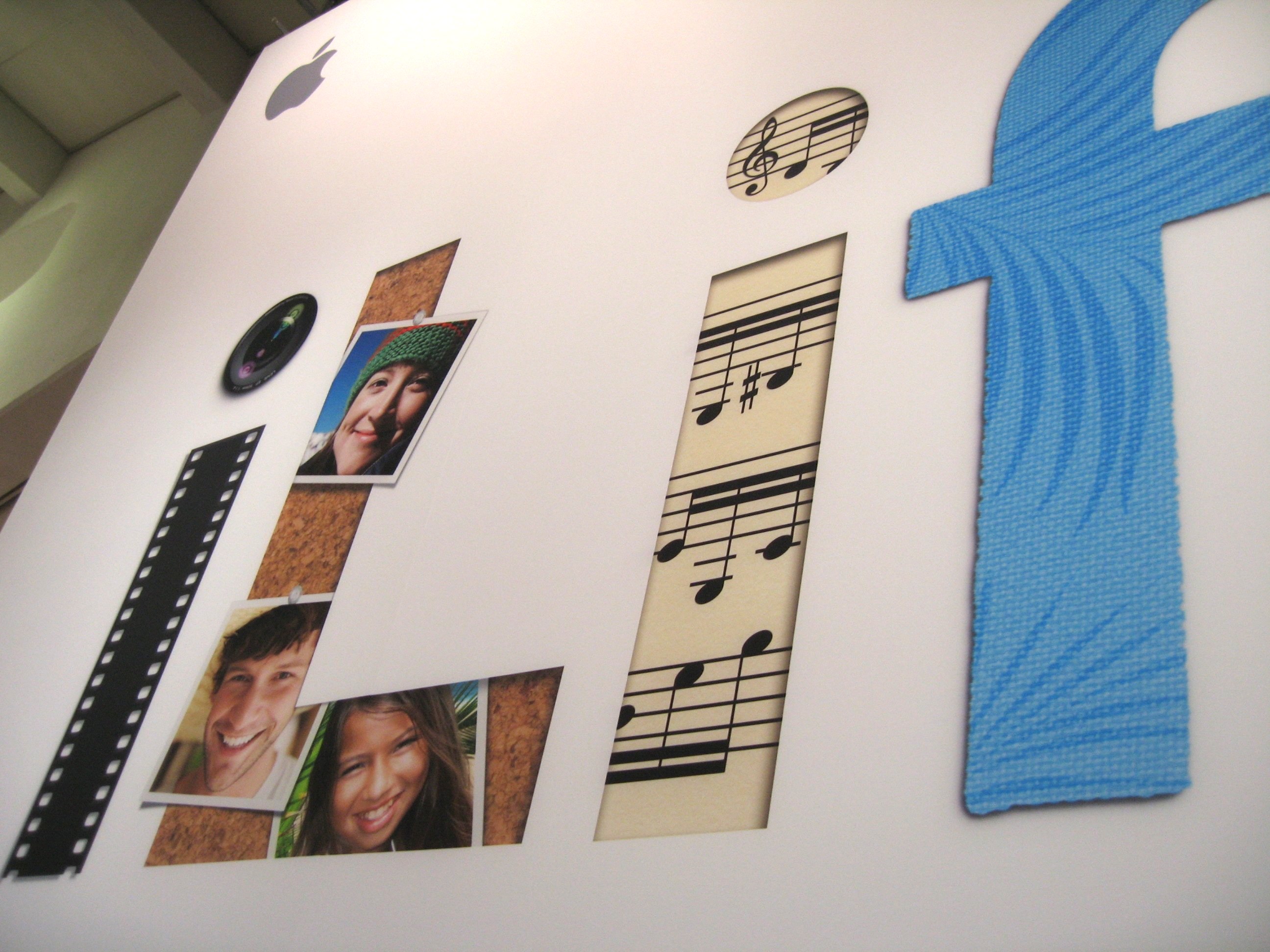Is there some relationship between razorfish and stingrays? About the time I started to blog about Microsoft selling digital ad agency Razorfish to Publicis Groupe, a phone call came that a stingray had stung my daughter. So I raced north to Del Mar beach, where the wonderful lifeguards cared for my wounded 15 year-old. We’re back home, and I am, finally, ready to offer my intrusive opinion about Microsoft’s sale.









